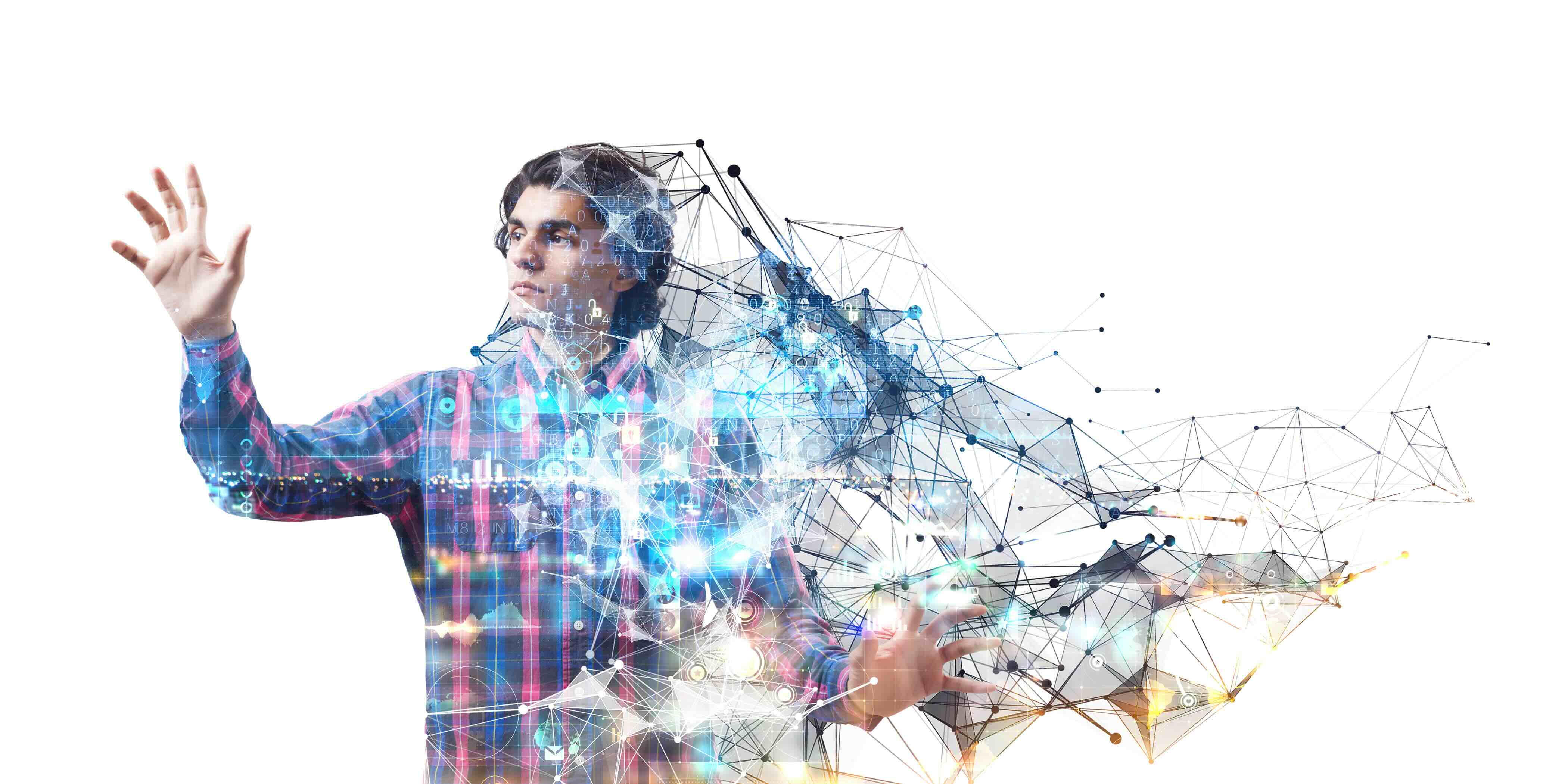Fall 2024: Metaphysics of Quantum Gravity
This seminar is co-taught by Annica Vieser, Baptiste Le Bihan, and Christian Wüthrich.
The philosophy of physics deals with methodological, epistemological, and metaphysical issues in physics. This seminar has the dual purpose of systematically introducing the background necessary to do research in philosophy of physics as well as discussing current research in the field.
This seminar focuses on a young research field within metaphysics and philosophy of physics: the metaphysics of quantum gravity. Quantum gravity is an umbrella term for research programs aiming at the formulation of a physical theory that reconciles the theory of general relativity with quantum physics. A striking feature of most of those theories is that various features usually ascribed to space and/or time seems to disappear, prompting questions about how to relate such exotic ontologies to the familiar world of our daily lives, happening in space and time. The seminar will first introduce three important approaches to quantum gravity emphasizing the features of spacetime missing in each approach: string theory, loop quantum gravity, and causal set theory. Then, a number of problems of conceptual and empirical coherence for claims of spacetime emergence will be investigated and linked to a variety of interpretations of the non-fundamentality of spacetime. The last part of the seminar will focus on some consequences of the non-fundamentality of spacetime for other areas of metaphysics, such as the philosophy of time, modality, and laws of nature.
This seminar will be conducted in English.
